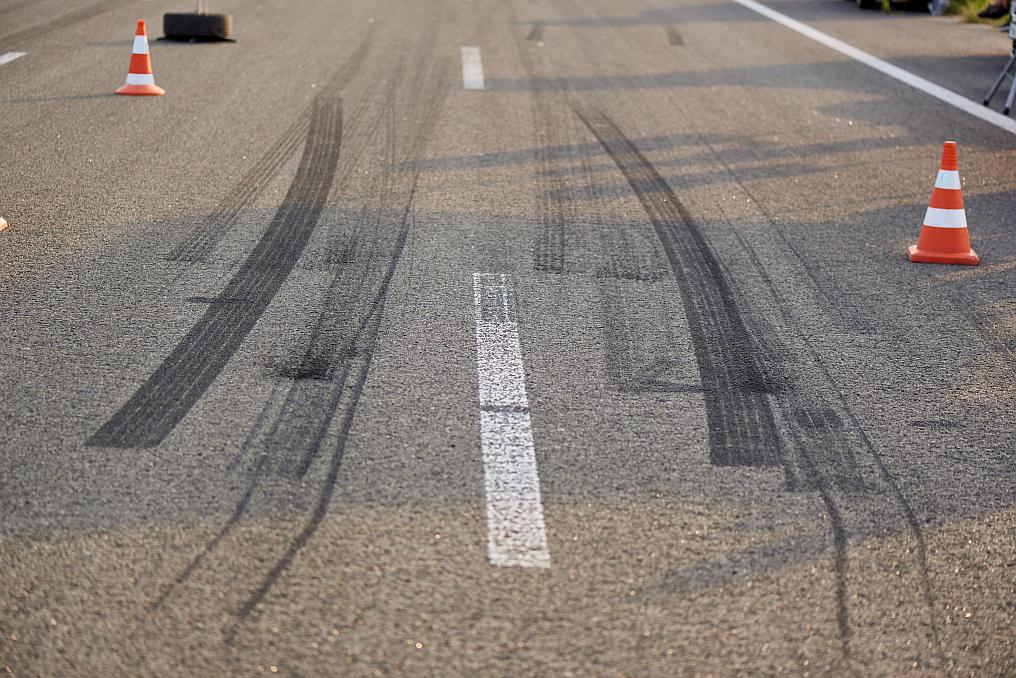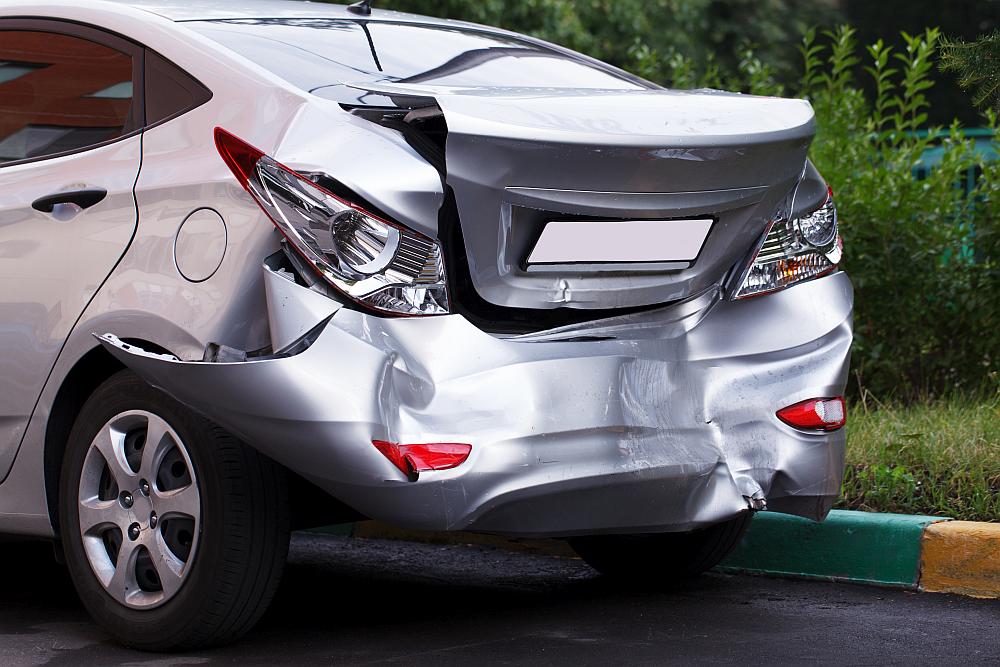Looking for a reliable and convenient method of transportation without owning a vehicle? Rideshare services like Uber and Lyft have become increasingly popular, particularly in busy cities like Los Angeles. They’re an excellent option for those who want to avoid driving under the influence or for those who don’t have a car of their own. However, as the number of ridesharing vehicles on the road grows, so does the risk of accidents involving them.
If you’ve been involved in a rideshare accident, determining liability can be challenging, given the unique legal concerns involved. Fortunately, the catastrophic injury lawyers at ACTS LAW, LLP can help you receive the compensation you’re entitled to. We offer comprehensive solutions to victims of rideshare accidents throughout California, with offices located in Los Angeles and San Diego.
Rideshares are different from traditional taxi or limo services in several ways. The drivers use their own vehicles and decide when they’re on the clock, connecting with riders through an app. To become a driver for a rideshare service, drivers must meet specific requirements, including a valid license and passing a background check with no violent felonies on their record. Their vehicles must also meet safety standards and be insured under their personal insurance, meeting California’s 15/30/5 rule.
Recently, California’s AB-5 law classified rideshare drivers as employees of the rideshare companies rather than independent contractors. As a result, Uber, Lyft, and other rideshare companies can be held responsible for their drivers’ actions while they’re on duty. Liability in rideshare accidents depends on three distinct rideshare periods, which determine how much the company is liable for.
If the driver is not logged into the app at the time of the accident, they are not considered on duty, and the company’s insurance will not cover the incident. If the driver is logged in and available to take a passenger but doesn’t have a ride, the company provides limited liability coverage during Period 1. During this gap period, Uber and Lyft both have 50/100/25 policies, providing $50,000 per person and $100,000 per accident for injuries sustained, as well as $25,000 for property damage.
If the driver accepts a fare and is on the way to the passenger, the company provides $1 million in liability, uninsured, and underinsured coverage during Period 2. However, collision coverage depends on whether the driver has their own collision coverage. If a passenger is on the way to the destination, the same coverage as Period 2 applies during Period 3.
Rideshare accidents can result in severe injuries or even death for passengers, drivers, passengers in other vehicles, pedestrians, or others. An experienced catastrophic injury lawyer can help determine liability in these cases and ensure that you receive the best possible outcome. If you’ve been involved in a rideshare accident, contact ACTS LAW, LLP today for a free consultation to review the facts of your case and determine who is liable for your injuries.

Truck accidents can have devastating consequences, leading to severe injuries or even fatalities. While car accidents are more common, crashes involving large trucks pose a higher risk of harm. This a...

Motorcycle riding is a popular mode of transportation for millions of individuals in the United States. Every year, many Americans are enticed by the excitement and freedom of the open road, prompting...

Vehicular accidents can have life-altering consequences, causing severe injuries and significant financial burdens for those involved. Whether it's an automobile, truck, motorcycle, car, bus, or train...